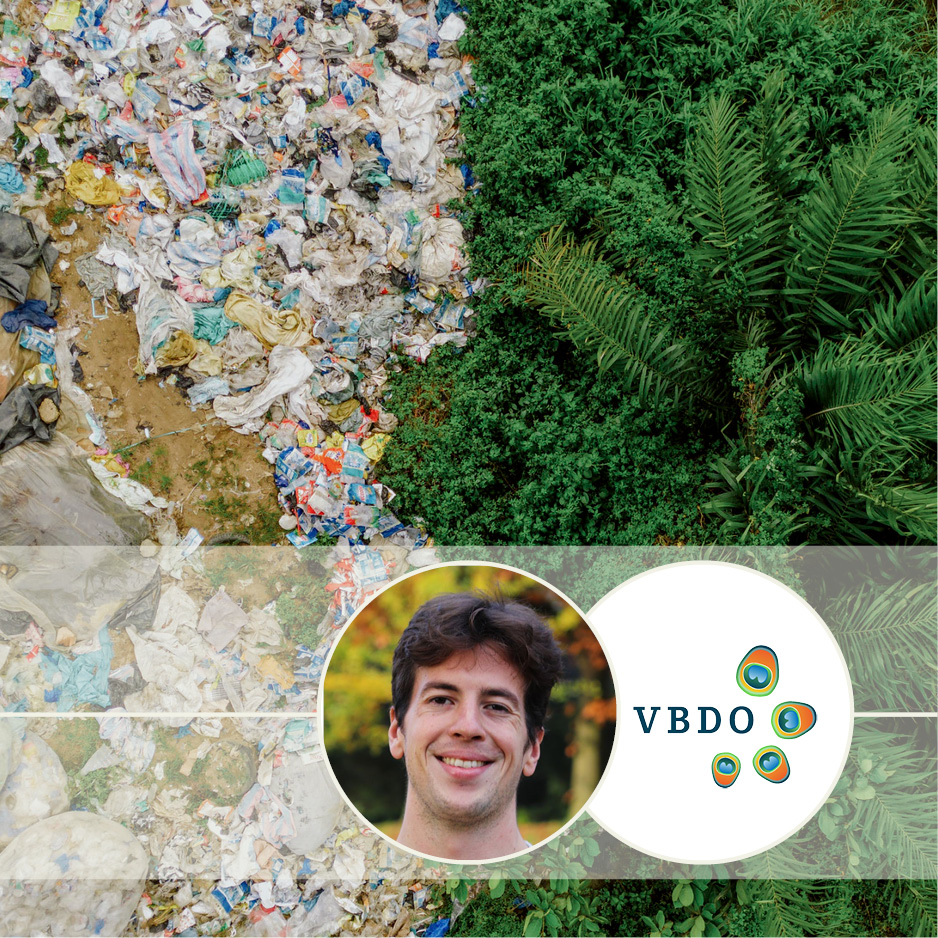I walk past the same shop again, where every day, the candy packages are neatly sorted by colour. The display case shows me an explosion of colours and single-use packaging. As a child, I was, just like its current visitors, unconsciously promised temporary happiness and long-term addiction. The undoubtedly unintended consequences are even more significant after purchasing the products: packaging ends up whole or in extremely small pieces in all corners of the world. Where most people see a cheerful candy store, I see a manifested nightmare for our oceans.
Even if this shop were to cease to exist, it would have no effect on the global plastic crisis. Even if all Unilevers, McDonalds, tobacco manufacturers and Coca-Colas were to stop today, nothing would be solved. Plastic has the stubborn property of continuing to swirl in (drinking) water, nature and in our bodies for a long time. That much is clear by now. For decades, plastic was our best friend. We package everything with it: our food and drinks or the layer on the bottom of a frying pan. Even our own bodies, when we arm ourselves against the elements with a raincoat. Like a Trojan horse, it penetrates our bodies, accumulates and then remains there. Irritating, pathogenic. Plastic is not humanity’s “best friend”. It is our shared nightmare.
What is now irrevocably necessary is a global agreement on reducing plastic: A Global Plastics Treaty. One clear vision. A level playing field is needed to tackle the entire plastic life cycle directly. This requires boundless ambition, decisiveness from everyone involved, and the search and finding of connections between the many diverse and conflicting interests. It is high time for reduction, reuse, and a ban on unnecessary plastics.
If that dream were to come true, I would not have to worry about the many consequences for shops like the one I will pass again today. The shadow of the joy it once brought me as a child has long been lost in the deep recesses of our oceans and in the blood vessels of our bodies.

